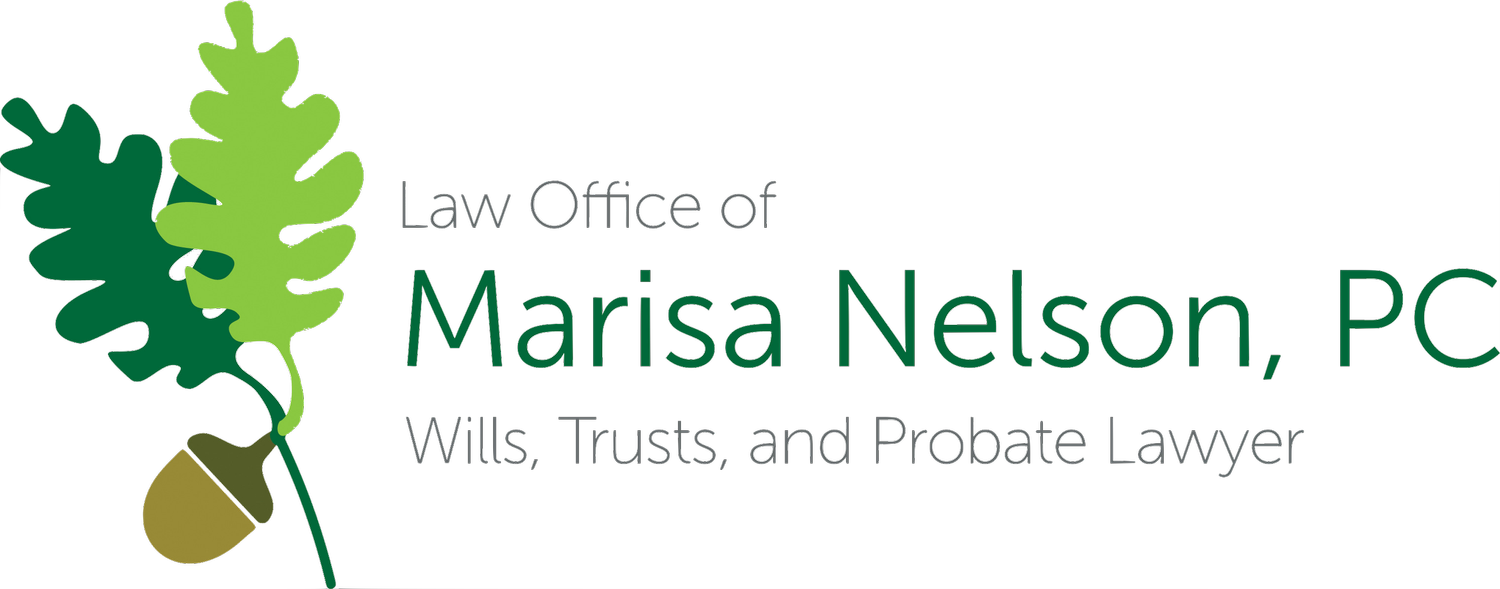Does a Will Avoid Probate?
A lot of my clients ask: Does a Will Avoid Probate?
No.
It is often difficult to get a lawyer to give you a straight “yes” or “no” answer. There aren’t many questions in the legal world that can be answered so succinctly. But in this case, it is just that simple.
Creating a will does not avoid probate.
Now, a will does do a lot of other things. A will is (usually) better than nothing, and avoiding probate should not be your only concern. There are a LOT of other benefits to estate planning, some of which can be accomplished with a will, and many of which cannot.
So what can a will do?
Determine who inherits your stuff. And who doesn’t.
Gift your house/money/stuff to your boyfriend/girlfriend/significant other, friends, charities, or other people who would not get a dime if you died without an estate plan.
Nominate a guardian for your children (i.e. tell the judge who you want to take care of your kids) in case you die before they turn 18.
Express your burial wishes.
Nominate an executor to wind up your estate.
Prevent the government from making certain choices for you, without your input.
What does a will NOT do?
Avoid the expense, time, and stress of probate.
Keep your financial and personal information private.
Avoid a conservatorship and the attending cost and public hearings.
Improve your tax consequences.
Manage your kids’ inheritance, protect it from creditors, restrict what they can and can’t spend the money on, or when. As soon as they turn 18, they will have full control over any inheritance.
Protect public benefits for special needs beneficiaries.
Protect the inheritance of survivors who are bad with money, have a drug habit, have a spouse who’s bad with money or untrustworthy.
Nominate someone to care for your kids if you are unable to care for them due to illness, delayed flights, permanent disability, or any reason other than death.
Express your health care wishes.
Appoint someone to help you manage your property/finances if you ever need help because you are sick, incapacitated, out of the country, or for any reason unable to do it all yourself just now.
Help with anything WHILE YOU ARE LIVING.
A will is a great start. But a complete estate plan shouldn’t leave you exposed to the gaps left by a will.
